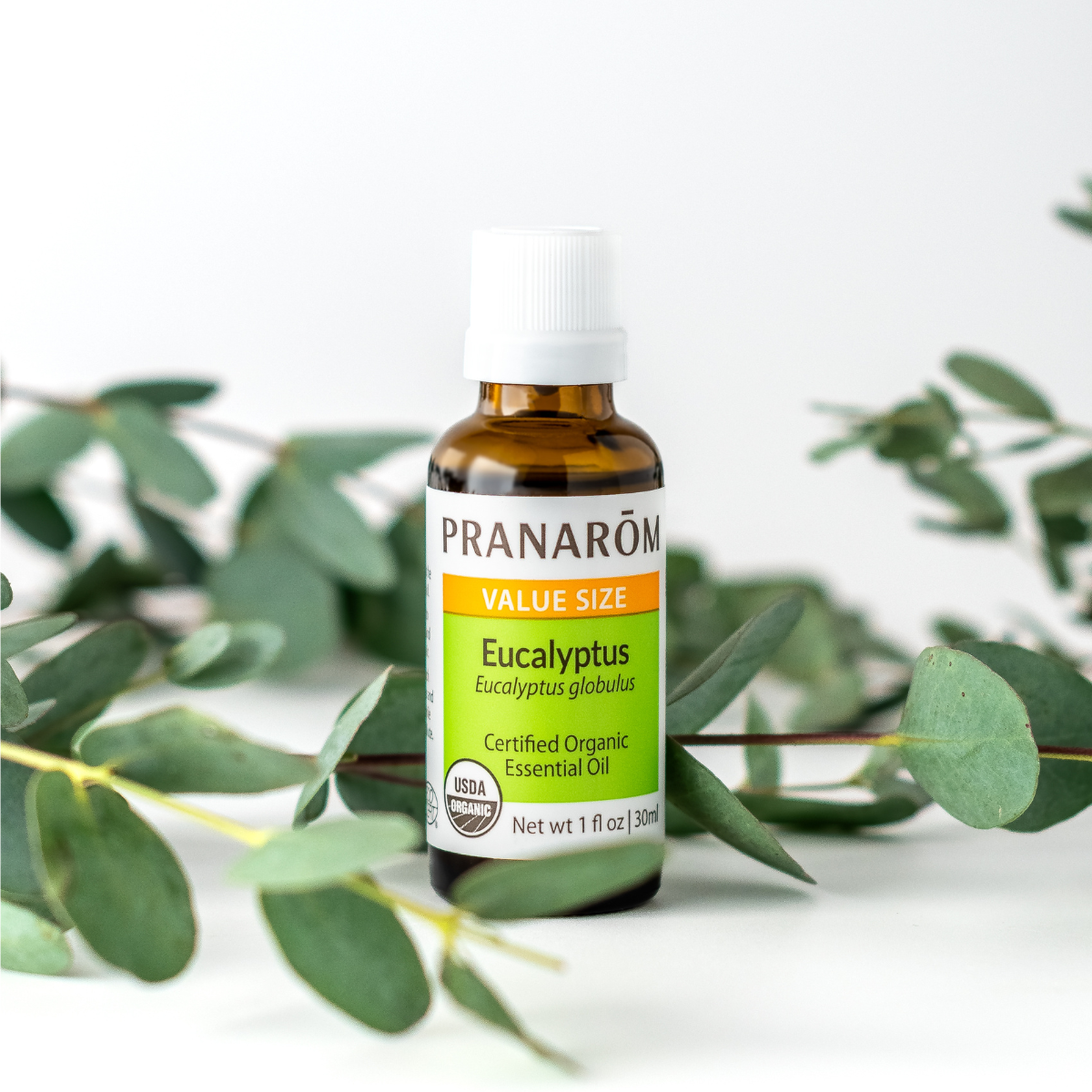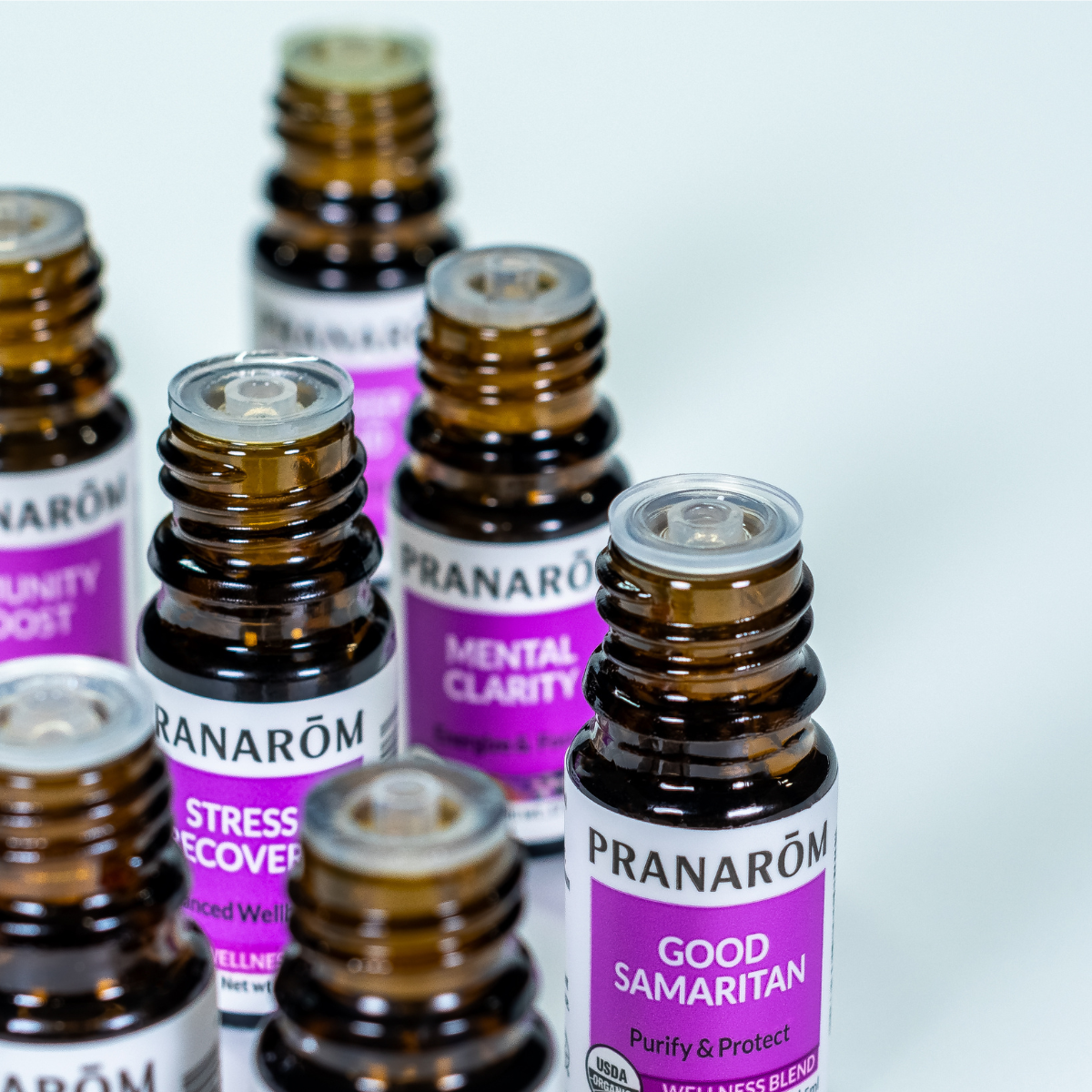Can you take several dietary supplements at the same time?
Dietary supplements are available over the counter because, unlike medications, they do not systematically require a medical prescription.
Commonly used today, they are well known for supporting general health and wellness + compensating for nutritional deficiencies.
But an important question arises: can you take several food supplements at the same time?
To answer this, we need to consider a few fundamentals, including what supplements are made of.
Understanding what dietary supplements are made of.
The best dietary supplements are formulated to support the body as it deals with deficiencies or health conditions.
They may contain vitamins, minerals, nutrients, plant extracts, omega-3s or even natural antioxidants. Often, several of these elements are combined to optimize effectiveness.
If you wish to take several dietary supplements, it's best to consult with a health practitioner who can take into account your unique health profile and specific needs. It is also paramount that you carefully read the instructions on dosage and ingredients.
To safely combine multiple supplements, follow these tips:
Read the labels: note the ingredients and dosages.
Check for potential interactions: avoid potentially hazardous combinations.
Respect the recommended doses: do not exceed the indicated dosage.
When it comes to health, more is not always better. Caution and following instructions are essential for the safe and effective consumption of dietary supplements.
Can you take several dietary supplements at the same time? Possible synergies.
Our body assimilates certain nutrients better when they are combined, whether in food or when taking supplements. It is, therefore, under certain conditions, possible to take several dietary supplements at the same time.
Here are some combinations that work:
Vitamin D and calcium;
Vitamin D and magnesium;
Vitamin C and iron;
Fatty acids and vitamins A, D, E, K;
Omega-3 and vitamin D.
Additionally, avoid consuming excess coffee, as caffeine can inhibit the absorption of several vitamins and minerals.
These synergies also apply to the foods we consume, which underlines the importance of a healthy and varied diet to maximize the benefits of dietary supplements.
Can you take 2 different food supplements? Combinations to avoid.
The composition of dietary supplements varies greatly from one product to the next, just like medications, because they target different concerns.
When taking several medications at the same time, it is essential to avoid certain combinations that could inhibit the effect of a medication or cause adverse effects. This logic also applies to dietary supplements.
In fact, some supplements contain only one substance, while others combine several vitamins and minerals.
These substances can compete when taken together (especially minerals) whose absorption may be limited by the presence of another mineral.
It is advisable to avoid mixing supplements containing the following substances, or to space them out by several hours:
Calcium and magnesium;
Calcium and potassium;
Green tea and iron;
Vitamin K with vitamin A, D, or E.
The risk of overdose concerns substances common to several supplements, even those intended to address different concerns. It is crucial to be informed about what you are consuming and to follow the dosage recommendations.
Even when following the recommended dosage for each supplement, the accumulation of substances can lead to an overdose of certain nutrients (iron, chromium, copper, fluoride, zinc) or vitamins (A, C, E, K).
Avoiding overdosing on nutrients in dietary supplements.
Even if two dietary supplements have different purposes, they may contain similar ingredients, including vitamins and minerals.
Taking these products together (even at the recommended doses) can cause an overdose and adverse effects.
To avoid this problem, do not take several dietary supplements at the same time that contain the same ingredient. If you do, write down all the substances present and add up their dosages, taking into account dietary intake. This is especially crucial for substances that are toxic by accumulation.
It is also important to know that different substances can have similar effects, which are cumulative if taken simultaneously.
For example, omega-3 fatty acids, vitamin E and ginkgo all have anticoagulant action. Their simultaneous consumption can therefore increase the risk of spontaneous bleeding.
A food supplement for every need, with ready-to-use synergy.
Dietary supplements that already offer a synergy of ingredients have many benefits for health and well-being.
By combining multiple nutrients, vitamins, and minerals in one formula, these products maximize positive effects while minimizing health risks.
The synergy of ingredients allows for better absorption and utilization of nutrients by the body. Buying synergistic dietary supplements simplifies your health routine.
Instead of taking multiple products separately, a single complete formula meets multiple nutritional needs. This reduces the risk of accidental overdose and makes it easier to manage dietary supplements on a daily basis.
Interested in learning more? Explore our Aromaboost® line of dietary supplements: the combined benefits of vitamins, minerals, plant extracts and essential oils in the convenience of a soft-gel capsule.










